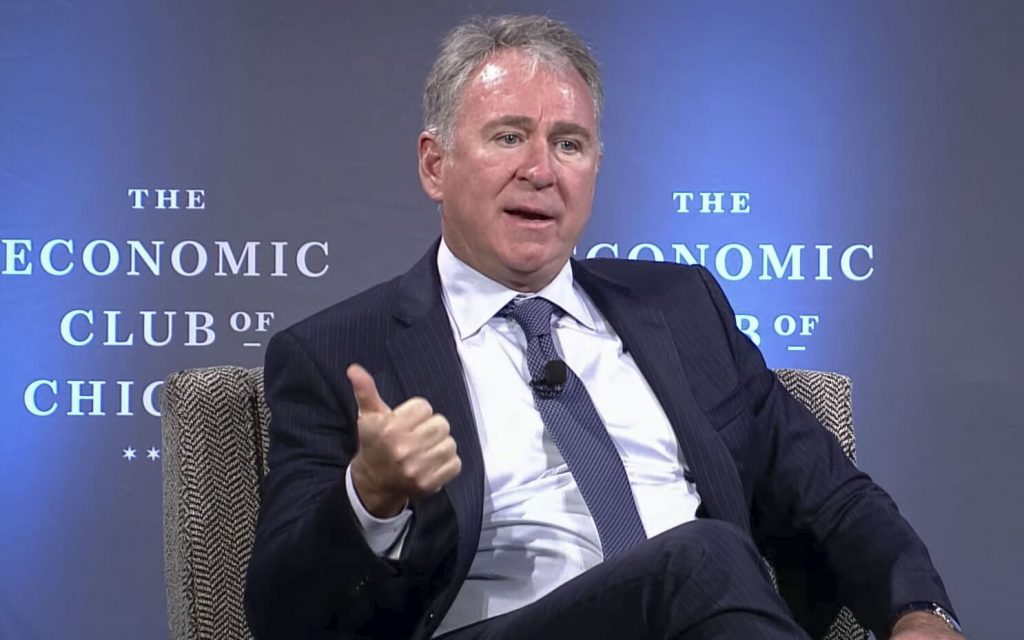There are all manner of fields which look poised to be completely transformed by AI, but some people are now coming out and saying that they don’t expect AI to impact their field in a big way.
Ken Griffin, the CEO of US hedge fund and investment management company Citadel, has downplayed the transformative potential of AI in finance, arguing that while helpful in some areas, it won’t revolutionize the industry. His perspective, rooted in the inherent limitations of current AI models, particularly concerning their reliance on historical data and struggles with predicting future, dynamic market conditions, offers a contrarian view to the prevailing narrative of AI-driven disruption in finance. His comments, while potentially controversial, raise important questions about the practical applications and limitations of AI in complex, forward-looking fields like investing.

“We use (AI) in our investment business a little bit,” Griffin conceded. “A little bit. I can’t say it’s been game-changing. It saves some time; it’s a productivity enhancement tool. It’s nice. I don’t think it’s going to revolutionize most of what we do in finance.”
He explained his reasoning: “Why is this? These models are based on what has happened thus far, to date, in the history of humanity. And investing is about understanding what’s going to unfold tomorrow, or next year, or two years. That’s not really the basis by which machine learning models, holistically, are trained.”
Griffin continued, “Machine learning models are really good at wanting to have an underlying data set where the relationships within that data set represent what happens, holistically, today and tomorrow and so on and so forth, in the future. So I’ll give you a simple mental model. Self-driving cars historically have worked really well in the South. Clear sky, no snow. Snow wreaks havoc with self-driving cars because it changes the contours, the lines, so what the car has to reference in terms of staying on the road.”
“All right, so machine learning models work really well with problems that are more static in nature, like reading a radiological report. But investing is about understanding how the future is going to unfold, and that’s where these models really struggle. All right, they work great in short-term trading—and short-term, I mean, as in like the next five minutes. But when you think about the next year or two years, they really start to fall apart. Like, that’s just not what they do.”
One would’ve thought that finance would be a ripe field to be disrupted with AI. Financial analysts look at past trends, analyze current market conditions, project them out, and then estimate the future prices of stocks and bonds. AI can ingest large amounts of data, and can find patterns among them. Tools like Deep Research can analyze markets and make predictions on which way they expect them to go.
But Ben Griffin isn’t the only business leader who feels that their own field won’t be impacted by AI. Venture Capitalist Marc Andreessen has said that venture capital might be one of the last jobs to be impacted by AI because of how it requires human intuition to back founders and companies. Now experts in a field likely know the most about how things work within its confines, so they’re likely the most qualified to opine on how much AI will impact their particular domain. But it’s also possible that these people have blind spots in refusing to see how AI could radically change how theyve worked for decades. It remains to be seen how things play out, but experts from several fields now seem to be saying that AI might not impact their jobs as much as some people expect.
